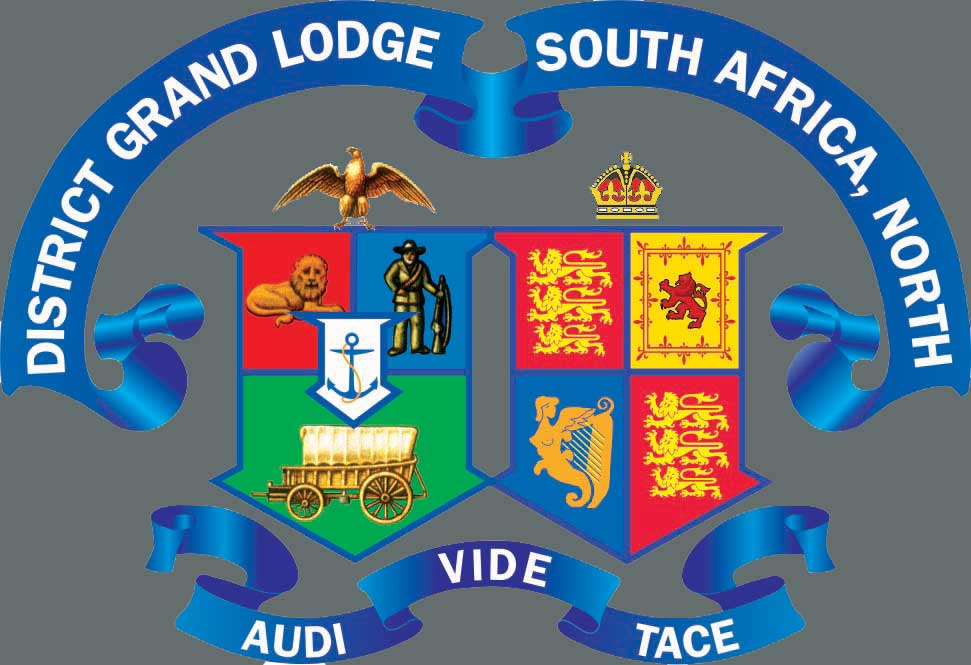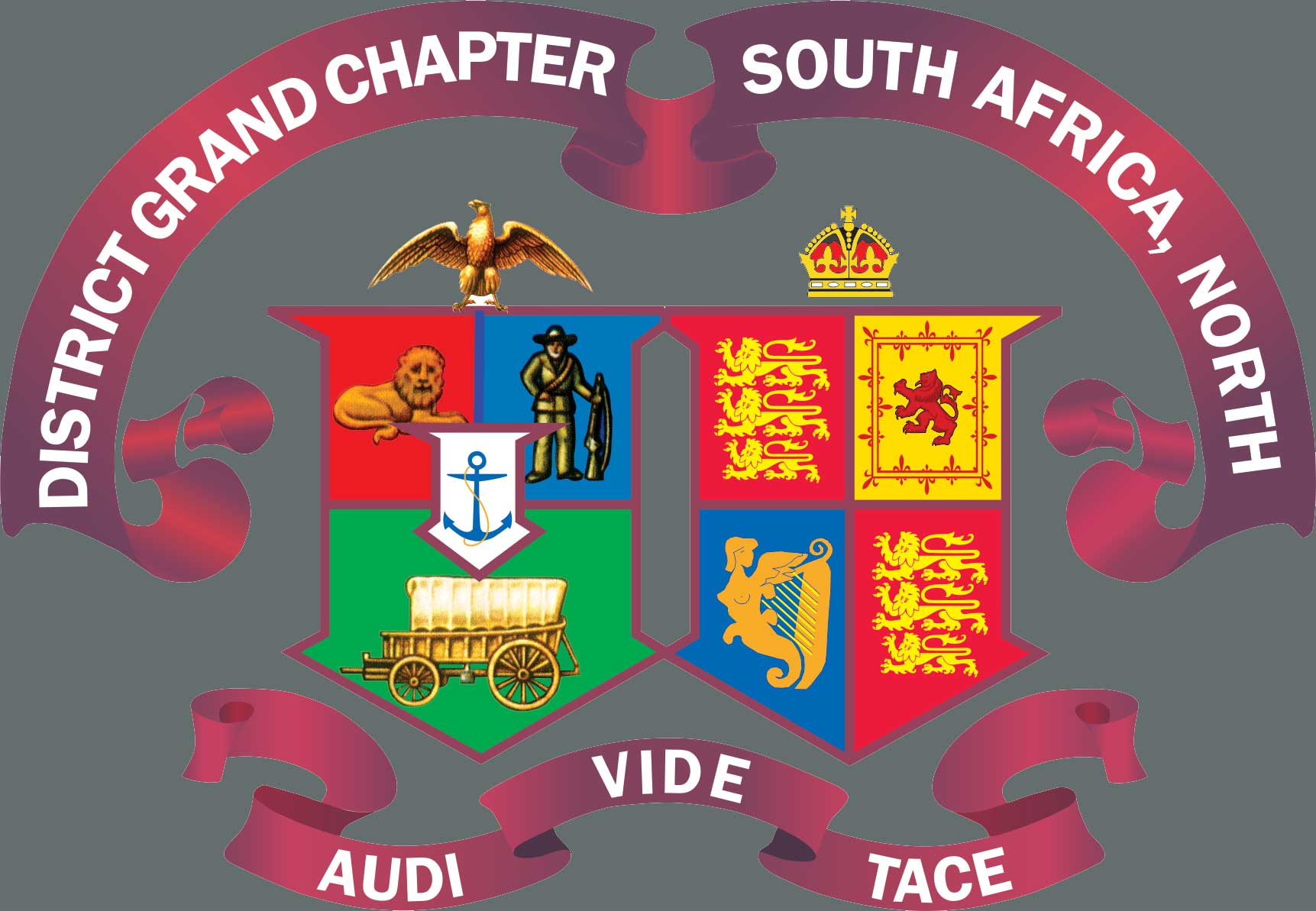Universal Friendship Lodge No. 9042
Consecrated 29th June 1982
Meeting at: Johannesburg - Freemasons Hall, 8 Park Lane, Parktown
Meeting Dates: 3rd Mon Jan, Mar, May, July, Sept, Nov Inst Jul
Contact 082 464 7359
Lodge History
Lodge of Universal Friendship No 9042 was consecrated on 29th June 1982, representing a deliberate attempt to foster the wider introduction into Freemasonry of non-white members of the community. Over the years, legal barriers had existed but even after these were removed, progress was painfully slow, and it was felt that something had to be done to provide a positive stimulus. The purpose cannot be better expressed than in the words of the oration given by the District Grand Chaplain, the Rev. Canon Eric Richardson, at the Consecration of the Lodge:
'There are so many who have long looked forward to this day when our Order in this place moves into areas previously blocked but now made possible by the changing climate of our times. It is no part of Freemasonry that it should be a 'setter of the pace'; that it should involve itself in any attempt to be a forerunner; to exercise any pressure in the realm of social change. Masonry works within any society and accepts the limitations set by that society, however hampering they may be. Society in this country, previously organised into water-tight chambers has, in spirit if not yet in law experienced a less divisive atmosphere enabling the foundation of this Lodge. However much we, as Masons, committed to a universal brotherly love may rejoice, there is a note of caution which must be struck. It is not sufficient that there be one lodge which bridges a particular division between men, for it should be our aim that there may be no exclusive divisions between men anywhere in Masonry. It is acceptable that in the foundation of any lodge there may be a grouping of like-minded persons from which to draw its members and in which the initiate may find himself 'at home', but this does not preclude a man from joining any other lodge should he so desire and be acceptable, or limit his membership to that specific one. So must it be of this new Lodge. It is part of English Freemasonry in the Transvaal and must never be allowed to become a "peculiarity".'
These were prophetic words, especially indicating that although Universal Friendship Lodge might 'break the ice', it was only a step on the way to the solution. The Lodge itself came to have a fair influx of candidates, of various races and religions, but so far the membership of non-whites has been all too transient and the continuity of the Lodge has continued to depend on the interest of its founders and joining members. Nevertheless a gap can be said to have been partly bridged, as the years have seen a considerable change of attitudes and circumstances and non-white participation in Masonry is slowly becoming more of a reality.
Some interesting background remains to be filled in, especially as regards problems encountered and the way they were dealt with.
Although there were no legal restrictions on the admission of 'other' population groups, the apartheid system had created barriers to communication and understanding which were very difficult to overcome. So it was one thing for Freemasonry to accept the desirability of accelerating membership of other population groups and another to achieve it in the customary way. The most promising answer was seen to lie in the formation of a new lodge and over a Verona Lodge lunch, eleven brethren expressed willingness to become founders of what came to be named Universal Friendship Lodge.
The Charter Master was W Bro Mike Durrant, a Grand officer who had come to South Africa from India, and was able to give guidance to the new Lodge from his own experience.
Many of the early candidates were from the Indian community and this led to a number of very pleasant social occasions, including a luncheon and fashion display in Lenasia, a sumptuous Indian dinner at a restaurant in the Oriental Plaza and a very well supported evening function at Park Lane, which included displays of Oriental art and Indian dancing. And a brother from the Chinese community organised a Chinese event at the Master's home in Melrose.
However, while there was a fair inflow of candidates, too few stayed long enough to get fully involved, and the Lodge remains reliant, for its senior officers, on its founders and joining members from supporting lodges. But the writer recalls an old axiom:' if you don't know where to start, for heaven's sake, make a beginning'. Universal Friendship has made that start, and although progress may well be slow, it can at least be seen to be sure.
Reference: 'A Century of Brotherhood' by A A Cooper & D E G Vieler


